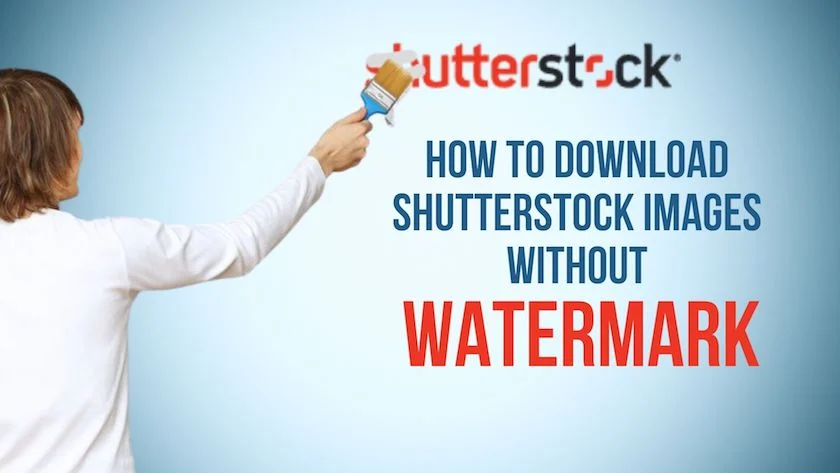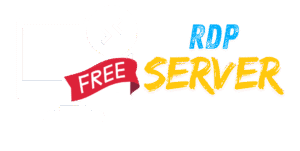
Shutterstock is one of the world’s largest stock photography platforms, offering millions of high-quality images, vectors, illustrations, and videos. While the watermarked previews are freely viewable, many users search for ways to download Shutterstock images without the distracting watermark. This article explores the legal and ethical considerations, explains why watermarks exist, and examines potential methods (both legitimate and questionable) for accessing unwatermarked content.
Understanding Shutterstock’s Watermark System
Why Watermarks Exist
Shutterstock applies prominent watermarks to all preview images for several important reasons:
- Copyright Protection: Watermarks prevent unauthorized use of copyrighted material
- Business Model: The watermark encourages users to purchase licenses for clean versions
- Theft Prevention: They deter people from using low-quality watermarked versions in final projects
Legal Implications
It’s crucial to understand that:
- Shutterstock images are protected by copyright law
- Removing watermarks without permission violates Shutterstock’s terms of service
- Unauthorized use could lead to legal consequences including fines
Legitimate Ways to Get Shutterstock Images Without Watermarks
1. Purchase a License
The proper way to obtain unwatermarked images:
- Subscription Plans: Starting at $29/month for 10 images
- On-Demand Packs: Purchase bundles of credits (from $49 for 5 images)
- Enterprise Solutions: For high-volume users
Benefits include:
- Full legal rights to use the images
- Access to high-resolution files
- Support from Shutterstock if issues arise
2. Free Trial Offers
Shutterstock occasionally offers:
- 7-30 day free trials with download limits
- Free image packs for new users
- Special promotions through partner sites
3. Editorial Use (With Restrictions)
Some watermarked images may be used editorially if:
- The use is newsworthy or for educational purposes
- Proper attribution is given
- Commercial benefit isn’t derived
Questionable Methods (Not Recommended)
While various techniques circulate online for removing or bypassing watermarks, these come with significant risks:
1. Watermark Removal Tools
- Photoshop techniques to clone out watermarks
- AI-powered watermark removers
- Online tools claiming to erase watermarks
Risks:
- Results are often poor quality
- Clear copyright violation
- Potential legal action
2. Browser Inspect Element Tricks
Some try to:
- Manipulate webpage code to reveal hidden full-size images
- Alter CSS to hide watermark elements
Reality:
- Shutterstock’s servers don’t serve full images this way
- At best you get low-resolution fragments
3. Screenshot and Crop Methods
Attempts include:
- Taking screenshots of zoomed-in portions
- Using multiple screenshots to reconstruct an image
Problems:
- Extremely low quality
- Still violates copyright
- Time-consuming with poor results
Ethical Alternatives to Shutterstock
Instead of trying to bypass watermarks, consider these legal options:
1. Free Stock Photo Sites
- Unsplash
- Pexels
- Pixabay
- Wikimedia Commons
2. Creative Commons Licensed Content
- Flickr Creative Commons
- Openverse
- Internet Archive
3. Public Domain Resources
- Library of Congress
- NASA images
- Government archives
The Consequences of Unauthorized Use
Before attempting to use watermarked Shutterstock images without permission, consider:
- Legal Risks:
- DMCA takedown notices
- Fines up to $150,000 per willful infringement
- Potential lawsuits
- Professional Reputation:
- Damage to credibility if caught
- Client trust issues
- Negative publicity
- Quality Issues:
- Watermarked images look unprofessional
- Low resolution affects project quality
- Missing metadata and proper licenses
Best Practices for Legal Image Use
- Plan Ahead: Budget for stock images in your projects
- Search Smart: Use filters to find affordable options
- Consider Alternatives: Free sites often have suitable images
- Read Licenses Carefully: Understand usage rights
- Keep Records: Maintain proof of licenses for all images used
Conclusion
While the temptation to download Shutterstock images without watermarks might be strong, the legal, ethical, and professional risks far outweigh any perceived benefits. The photography and creative community relies on proper licensing to sustain their work. By using legitimate channels or free alternatives, you protect yourself legally while supporting the artists and photographers who create these valuable resources.
For professional projects, investing in properly licensed stock imagery ensures high quality, legal protection, and peace of mind – ultimately benefiting your work’s credibility and success.


Leave a Reply